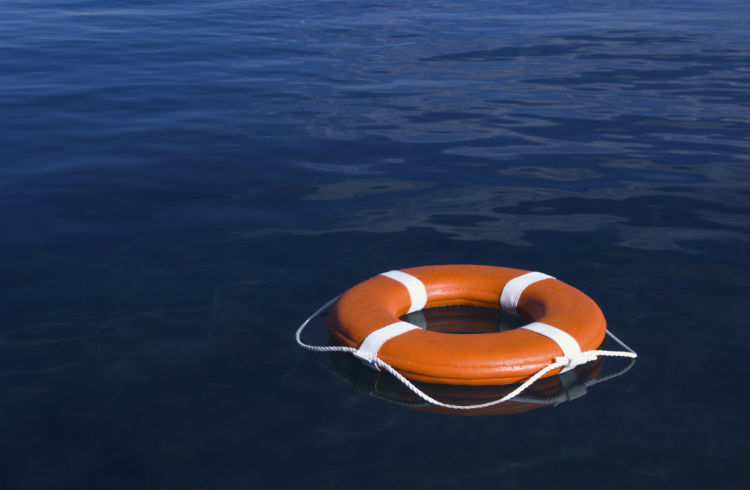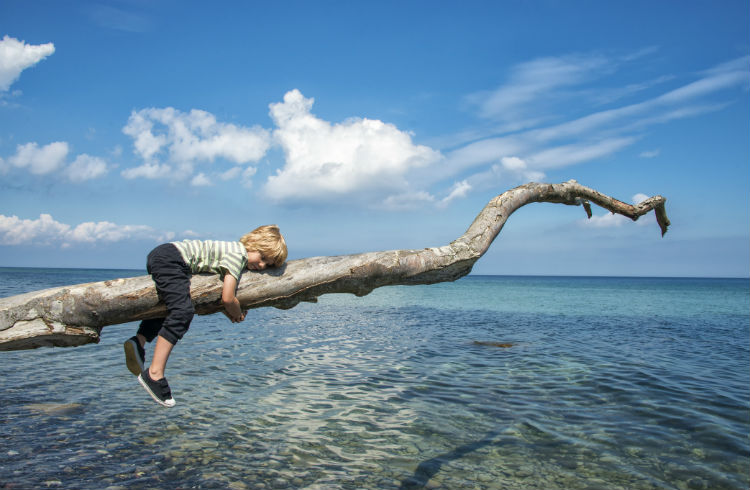I have medical insurance, do I need travel insurance?
We get asked this question all the time, so to help clear up the confusion, and to make sure you get the right travel protection, here's what you need to know.
 Photo © Getty Images/PBNJ Productions
Photo © Getty Images/PBNJ Productions
You pay a heck of a lot for medical insurance, so shouldn't it cover you when you travel? And why do you need travel medical insurance on top? And what if I'm sick or injured, how do I get home for treatment?
These pressing questions and more are about to be answered.
- Does medical insurance cover travel?
- What does travel medical insurance cover?
- What else does travel insurance cover?
- Who will come and rescue me?
Does Medical Insurance Cover Travel?
Here's the bottom line:
Your personal medical insurance may not cover costs while traveling out of the country or might exclude certain activities. The State Department advises contacting your insurance company prior to your trip and inquiring about the specific medical services overseas that are included in your coverage.
What Does Travel Medical Insurance Cover?
Which is where travel insurance, also known as travel medical insurance, can be vital.
Travel insurance is designed to help cover your expenses if something goes wrong on your trip, and fill any gaps that wouldn't be covered by your primary medical insurance.
In general, our medical coverage includes:
- Emergency medical and dental expenses (including accidents that happen while participating in one of our many covered sports and activities)
- Emergency evacuation (medical and non-medical)
Travel insurance isn’t designed to cover everything. Terms, conditions, and exclusions do apply, so be sure to read the full Travel Protection Plan to avoid surprises.
Here are the main things that aren’t covered:
- Expenses related to a pre-existing medical condition (see below)
- Non-emergency medical expenses, such as eyeglasses or contact lenses, routine physical exams, or cosmetic procedure
Keep in mind, World Nomads travel insurance is secondary to any health coverage you have at home, which means it does not cover the care or treatment that is payable under your other policy. Our coverage will pay additional expenses (up to the policy limit) after your primary insurer has paid whatever it is obligated to pay.
What Else Does Travel Insurance Cover?
The medical insurance is, without a doubt, the most important part of your travel insurance, but the WorldNomds.com plans
In general, our coverage includes:
- Out of pocket costs if your flight is delayed for more than 12/6? hours.
- Lost deposits and un-refunded pre-paid travel bookings if, for example, a hurricane causes the cancellation of your trip.
- A close family member becomes suddenly ill and you have to stay to look after them.
There’s much more, but of course, there are terms and conditions to the cover so make sure you read the plan documents or get in contact with us at WorldNomads.com, to make sure you understand the limitations.
With travel insurance, you can explore your boundaries (within reason, of course) and still be covered.
Finally, some bad news if you think you may have found a way to avoid the fines and penalties under Obamacare for not having health insurance. Travel insurance is NOT health insurance as defined by the Affordable Care Act.
However, if you are a long-term traveler and out of the country for more than 330 days per year, you are not required to get health insurance (and not subject to the penalties).
Who Will Come and Rescue Me?
Will my travel insurance provider come and rescue me?

If you want to be able to pull the “get me out of here now!” trigger, for whatever reason motivates you (hangnail?), travel insurance has its limits.
If you’re really sick and there’s no good quality medical care where you are, travel insurance could arrange and cover the cost of getting you to the nearest best place. That may be in the next town or on the other side of the world.
Your overall well-being is the primary concern of your insurer (well, it is at World Nomads). Decisions about where you will be treated, and if you will be repatriated home are made by our emergency assistance staff (including our medical advisors) in consultation with the physician treating you at the time.
If we think you’re not getting the care and treatment necessary, we will arrange to move you IF it is medically advisable to do so.
Your mental well-being is a part of that process, and we are aware that being close to family and loved
If you’re stuck halfway up a mountain will we send a helicopter with a World Nomads logo on the fuselage to come and rescue you? No. We can help in the coordination but we rely on local emergency services to do the rescuing.
So, if you’re the type of person who will insist on being repatriated home for treatment, or you’re an extreme adventurer who is going to a remote location, you are well advised to make use of emergency evacuation service providers.
Many of them are member-based services, so “we come when you call”.
They are not insurers so they won’t pay for any medical bills you’ve already incurred in a country, but they will get you home.
Insisting on being repatriated home may not be the best thing medically for you, so heed the advice of treating physicians before invoking this service.
Lately, many of them have transitioned to including insurance and partnered with licensed providers to offer a more “comprehensive” service.
Think of the difference between an emergency evacuation service and the emergency assistance of a travel insurer this way: the evacuation service operates on a member deciding when and to where they want to be taken. The insurer provides coordinated assistance where the emergency assistance team and attending physician decide what evacuation is needed.
The evacuation services are handy if you’re going to a very remote place with limited medical facilities… aka an adventure… but limited benefit if you’re just on a vacation.
No Comments